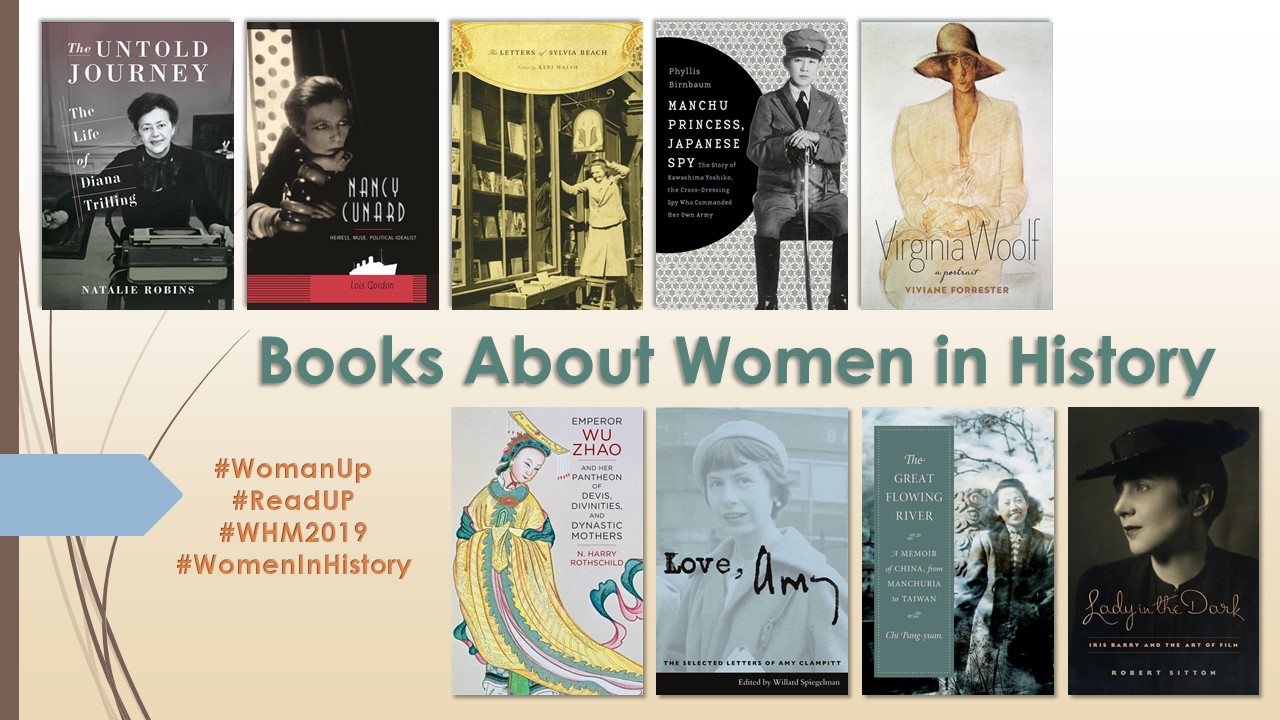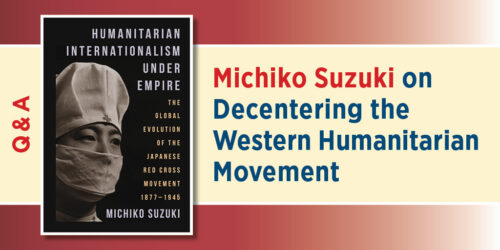Andrew Nathan on His First Trip to China
My First Trip to China: Scholars, Diplomats, and Journalists Reflect on their First Encounters with China, edited by Kin-ming Liu, includes an essay by Andrew Nathan, Class of 1919 Professor of Political Science at Columbia University and more recently the author of China’s Search for Security.
In the essay, which is also posted on an accompanying site hosted on China File, describes his first trip to Maoist-dominated China in 1973. Nathan writes:
A three-week program of visits to production brigades, factories, industrial exhibitions, neighborhood committees, department stores, schools, universities, and the occasional classic tourist site, moving from Guangzhou to Beijing, then to Shanghai, Hangzhou, and back to Guangzhou. At each unit we sat in an arc of chairs or around a table, received a jiandan jieshao (simple introduction) from a “leading cadre,” took detailed notes, asked earnest questions, and walked through the facility trying to peer behind the façade of Maoist correctness for signs of real life.
Among other things Nathan, who traveled with other professors and young U.S. scholar, came under suspicion from Chinese academics for a reference he made in his book as well as Chinese officials who thought he was taking taking photographs of propaganda posters.
Nathan summarizes his trip:
All of us learned a great deal on the trip, about how various kinds of institutions functioned and about ideological conformity. But a note made in Hangzhou crystallized my most lasting impression.
This is the long-desired trip to China, but there is quite a sense of boredom and frustration in the group. Our rate of learning has plummeted as units and briefings begin to be repeats of basic types. Access to the populace is out because one simply cannot be inconspicuous. As we walk around, many compounds that we pass are out of bounds—PLA units, government offices, etc. Even the former Yue Fei tomb, still called Yue fen on the bus stop sign, is now an “exhibition on class struggle” and is for “neibu canguan” only—no foreigners allowed. The photo incident suggests how the society as a unit keeps its eyes on us. Nobody will talk freely. I, for one, am reduced to interviewing our more articulate guides for applications of the latest line to specific issues.



